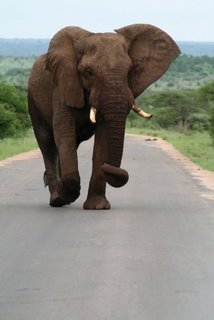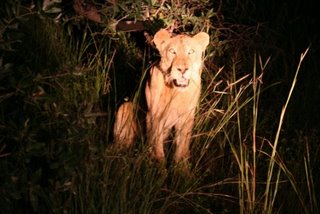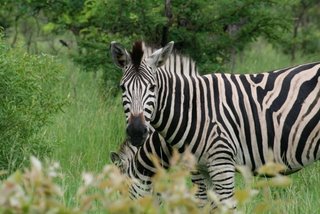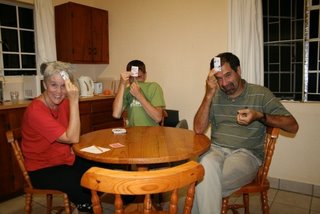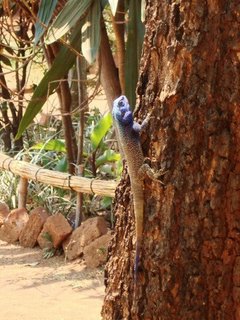Rachel even called right then and is represented by the phone in our photo.
It was a week of Firsts for Wiggan in his first trip to the Americas, first fresh strawberries (with short cake), first McDonalds, Starbucks, and other American shopping stalwarts like Target, Kohl’s, TJ Max and downtown Chicago, just for looks.
ECHO (Educational Concerns for Hunger Organization), is a non-profit organization in Ft Myers, FL that provides technical information, seeds, demonstration plots and training for development organizations who want to help feed developing-world families. They have looked the world over for unique, adaptable and transferable food crops that can assist in providing nutrition and energy in multiple types of environments, including the urban garden.
We were graciously hosted by Bob and Ellen Hargraves, and the rest of the ECHO staff. Both Wiggan and I came away with new packs of seeds and ideas.
In Nicaragua we were hosted by World Relief and PAC, an agricultural export organization started by WR about ten years ago. PAC is doing what AfricaWorks (and WR) want to do with economic development for small farmers. We went to see the scale and detail of the multi-million dollar export business they are operating to both develop small farmers and the agricultural communities they work in. As a whole, it helped us get a bigger vision for what “businesses” and linking them together can do for communities and a country. The photo is Malanga coco or Taro root, sold to the Asian population in the US. It makes a great "chip."
It was so much fun to be back in Central America (I was there in the summer of 76). The hospitality was great and the country side was beautiful and very green. The hard part was trying to remember Spanish after speaking Portuguese for 4+ years, leaving Rachel behind and the 40 hour trip home.

